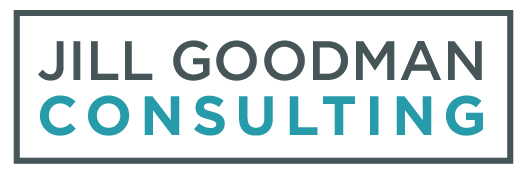Development Cannibalism
In my 7-Step Framework to raise more money at an independent school, one of the steps is to consider the many ways the program is cannibalized by multiple fundraisers from several groups within the school. The Parents Association, Athletic Boosters, Prom Committee, and Book Fair are just a few examples of the small asks we subject families to that fall outside the development program. Collectively those asks can erode your ability to raise funds from current families.
The cannibals not only eat funds, but they also eat time. The development team tends to be tasked with building community, and cannibalistic activities often fall into the community-building bucket. When the development team spends their time on things like Fall fun day, new family buddy programs, food truck rallies, or poorly attended reunions, they are not spending time on discovery meetings with potential leadership donors. They need to consider and plan for large-scale initiatives on the horizon, connecting donors to specific areas of interest and stewarding individual leadership donors in meaningful and intentional ways.
The sticky part is that many development teams like to plan and host events. It feels productive. You raise some money; you work with a small group of dedicated and enthusiastic parents or alumni. It feels good to move from event to event and bring people along for the ride. But, all of that rarely advances or transforms your school in ways that will positively impact it for years. It cannibalizes your time, the time you need to advance your school.
When I work with school leaders to refocus the development team's efforts in preparation for future large-scale campaigns, we think about who also needs to be part of the conversation. We consider things like:
Are some of the development events actually retention efforts and would be more impactful as part of enrollment management (this is where the Advancement Model is helpful)?
Are some of the events extensions of athletics or a specific division and make more sense to be generated from that department?
Does it still make sense to assume that parents form a community by volunteering for the Gala or Book Fair? Or, do generational shifts indicate that parent interests lie closer to their student's interests?
Are the events aligned with your school's mission, vision, and philosophy?
What is the return on investment of development time in each event?
A cascade of development initiatives will follow as the pandemic has ended and leaders continue to engage in strategic planning. Is your school and development team prepared for the shift in focus and the additional time and resources needed to support the campaign that will fulfill your school's vision for the future?
The author, Jill Goodman, is a consultant working with independent school leaders to advance their school’s mission, enhance their processes, and bolster their skills. Learn more about all services here.



